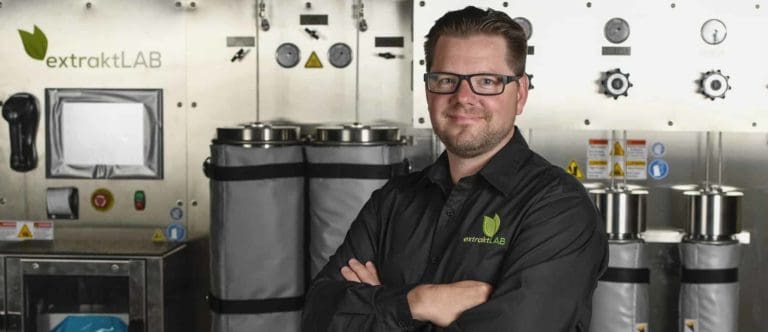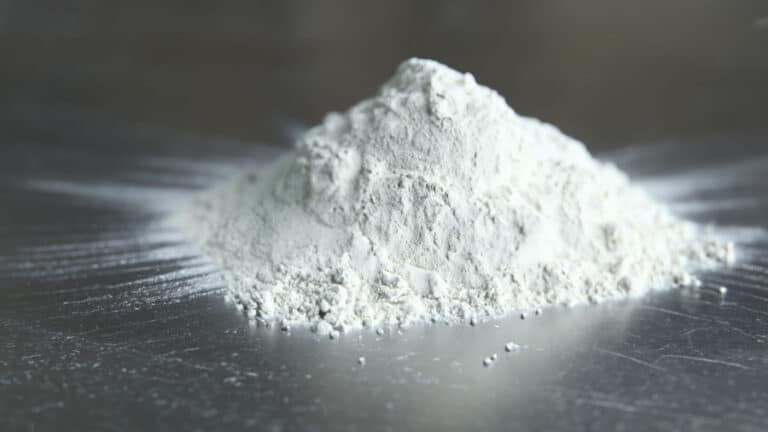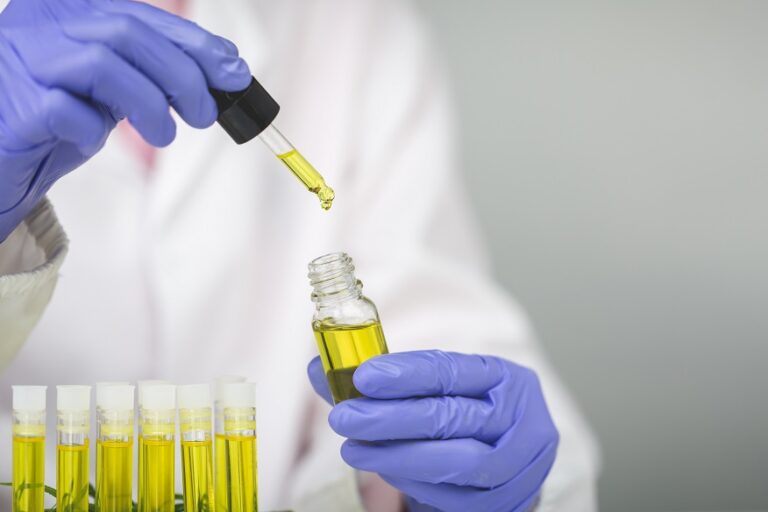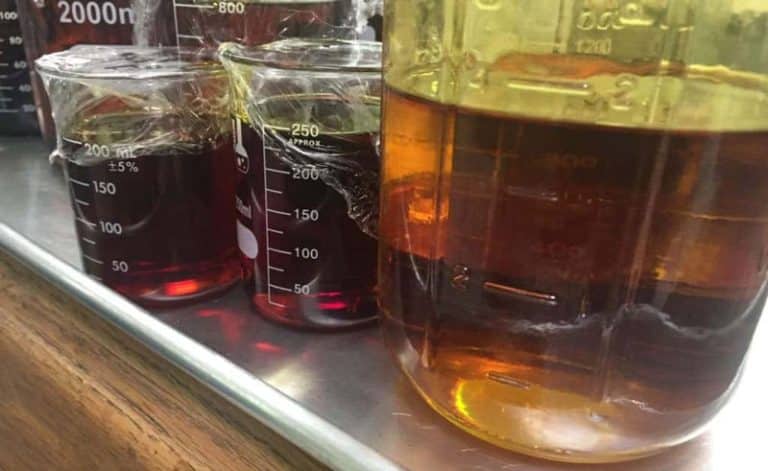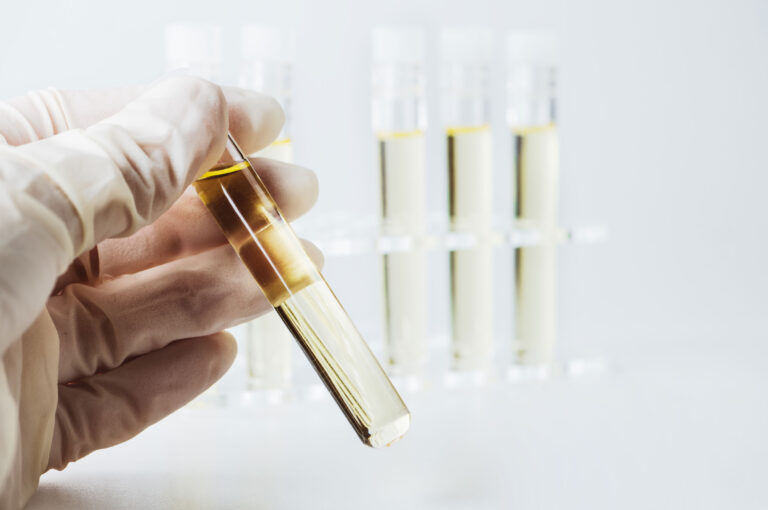Regenerative Organic Processing: From Farm to Factory
The Missing Link in Regenerative Organic Systems
The regenerative organic movement has made impressive strides in providing consumer transparency on how food, supplements, and botanical ingredients are grown, focusing on soil health, biodiversity, animal welfare, and farmworker rights. Indeed, with 30% YOY market growth and a healthy CAGR, this market category is poised to explode. But there’s a critical gap in the conversation: how those raw materials are processed.
Consumers are asking: “How was it grown?” and increasingly they are asking: “How was it processed?” Even the most regenerative farm practices can be undone by toxic, high-emission extraction and refining methods. And this problem is widespread. The GAO has shown that 90% of supplements contain lead and 80% contain chemicals¹ ². That is why at extraktLAB, we believe it’s time to regenerate our understanding of regenerative values beyond the farm gate.
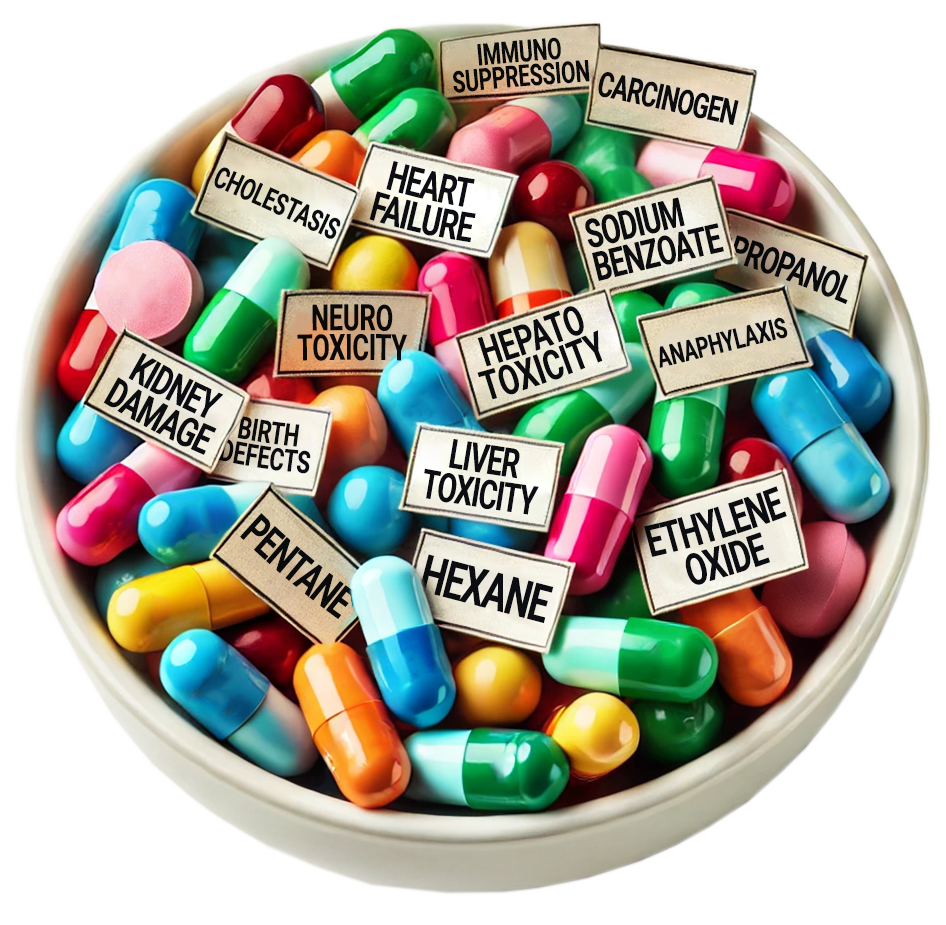
Several companies have greenwashed their operations in Regenerative Organic or B Certified labels that undo all the good that has been done at the farm by processing with conflict chemicals⁴.
Conflict chemicals are high emission factor (GHG deficit) chemicals that are used in food and supplement processing that produce hazardous waste, volatile organic compounds (VOC), increased worker hazards or negative consumer health impacts.
What Defines Regenerative Organic Processing?
We help companies transition from their high Scope 3 emissions to a more adaptive technology that will achieve the highest levels of cyclic sustainability, lowest emissions, lowest toxic waste, and upcycled byproducts.
Key Principles of Regenerative Organic Processing
- Processing without conflict chemicals like ethanol, hexane, heptane, and methylene chloride.
- Eliminating solvents with high Scope 3 emissions, such as ethanol.
- Eliminating lead from extracts.
- Reducing or eliminating VOC- and HAP-emitting systems that pollute the air, such as ethanol, hexane, or heptane.
- Reducing chronic exposure to chemical processing that may harm workers.
- Eliminate toxic waste streams that disrupt circularity, such as solid waste.
- Extend regenerative concepts to encompass consumer health by mandating truth in labeling for chemical residues and metals that are left in the extract (ethanol, heptane, acetone, acetate).
Transitioning Away from Conflict Chemicals
We currently help manufacturers transition to adaptive technology that enables:
- Reduce or eliminate the large scope 3 emissions from ethanol extraction.
- Use inert, non-toxic CO₂ as a solvent, which is often recaptured from biogenic sources.
- Produce true, pure, chemical residue-free extracts that are free from lead.
- Upcycle the clean extracted material.
- Operate in closed-loop, low-emission systems aligned with climate goals.
- Verification of this operation for carbon credits and 45Q tax credits.
One of the big benefits of adopting a verified regenerative organic processing approach is that companies may be eligible for tax credits or carbon credits. Verified projects can provide a financial incentive for adopting sustainable processing practices.
Closing the Loop: From Soil to Shelf
Just as regenerative farming restores ecosystems, regenerative processing must restore integrity to the final product. It’s no longer enough to certify how something is grown—we must also stand behind how it’s made.
Regenerative organic processing is the next frontier. And it’s how we build a truly sustainable, transparent, and ethical future—from seed to shelf.
About the Author and extraktLAB
Dr. Thompson, founder of extraktLAB was the first to develop a proprietary set of emissions factors for processing facilities that are used to evaluate and verify Scope 2 and 3 emissions from operations. They help companies transition from conflict chemicals by deploying adaptive cyclic technology that enables 100% beneficial use and upcycling.
References
- U. S. Government Accountability Office (18 March 2013). Dietary Supplements: FDA May Have Opportunities to Expand Its Use of Reported Health Problems to Oversee Products (Report). Government Accountability Office, US Government. Retrieved 2 February 2018.
- Harmon, K (28 May 2010). “Herbal Supplement Sellers Dispense Dangerous Advice, False Claims”. Scientific American. Retrieved 2 February 2018.
- Vorvolakos, T., Arseniou, S., & Samakouri, M. (2016). There is no safe threshold for lead exposure: A literature review. Psychiatriki, 27(3), 204–214. https://doi.org/10.22365/jpsych.2016.273.204
- From Soil to Solvent-Closing the Loop in Regenerative Organic Certification, Thompson, Jon (2025)
- Greening the Extracts Industry: Comparing the Environmental Impact of CO2 vs. Ethanol and Hexane Extraction Technologies, Thompson, Jon; Kluko, M, Lemlem, F, (2024)
Contact Us To Get Started Today


